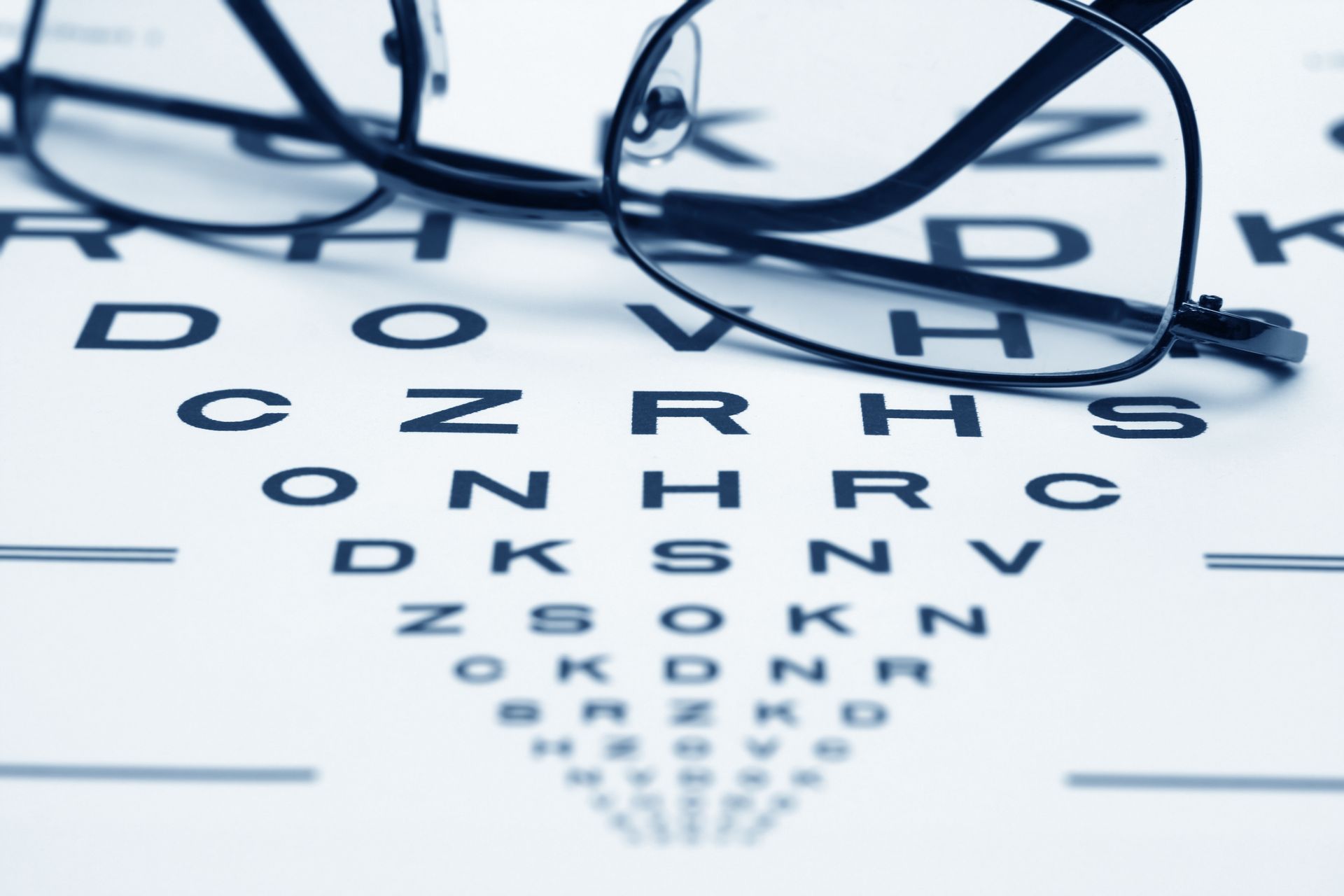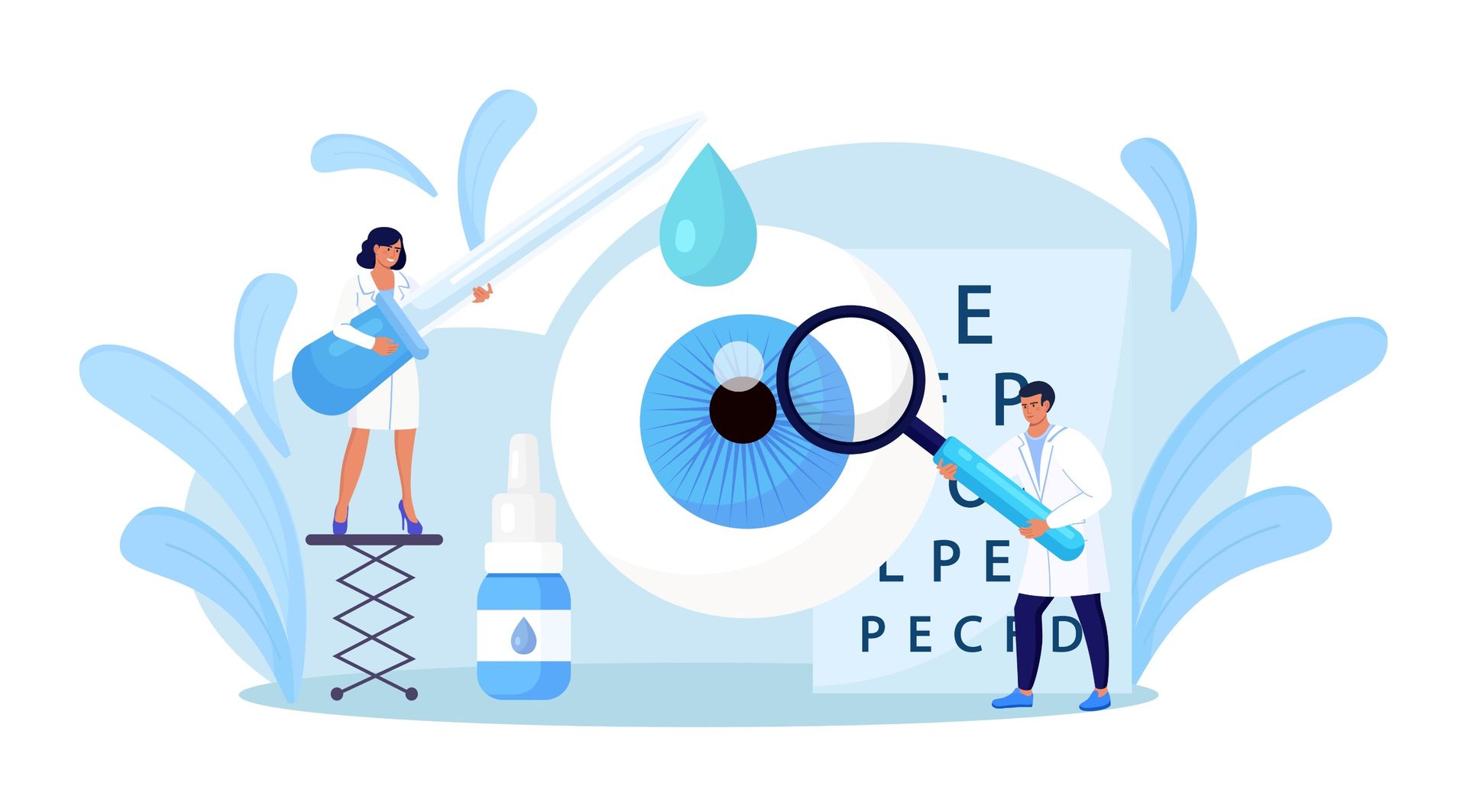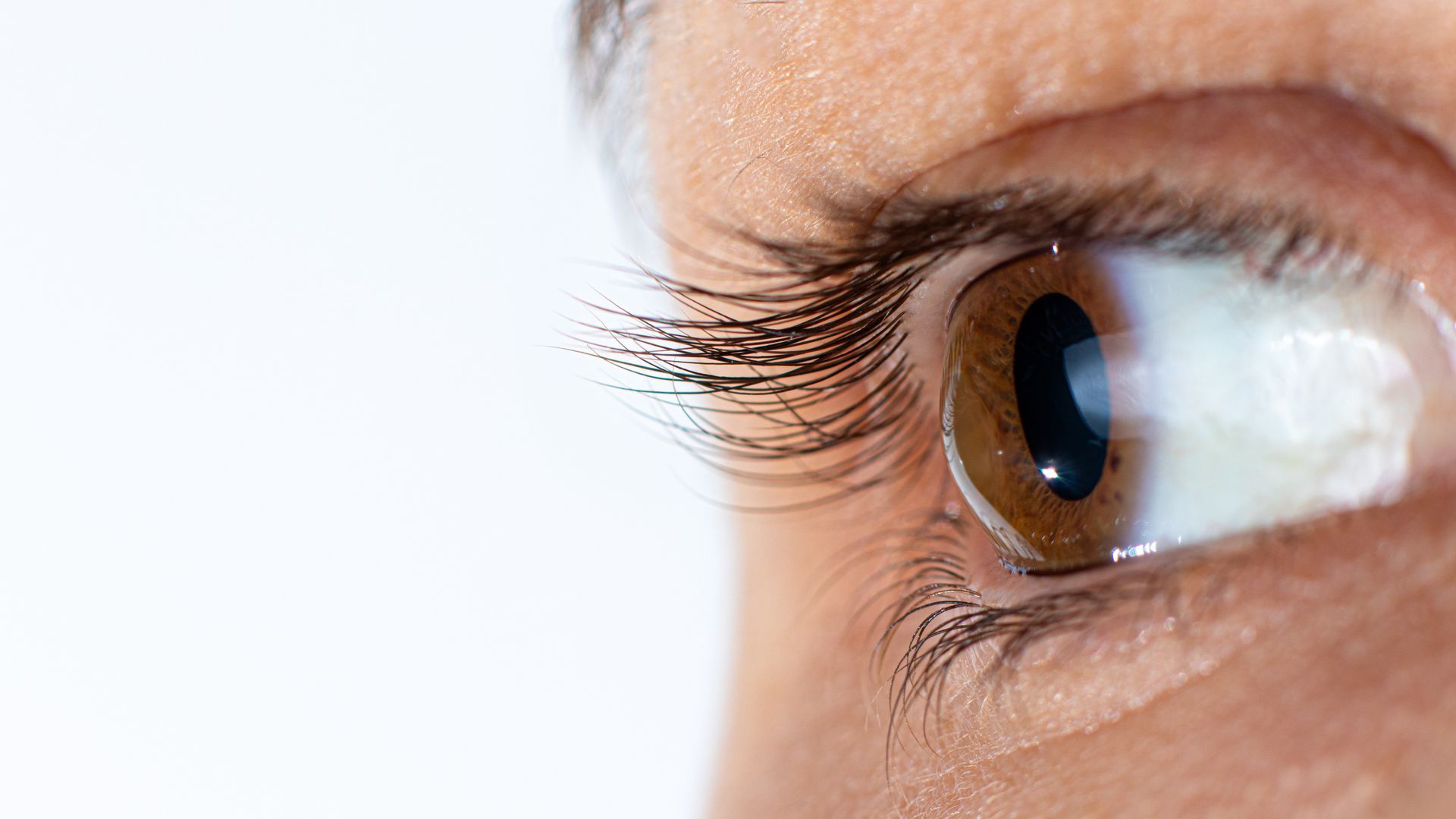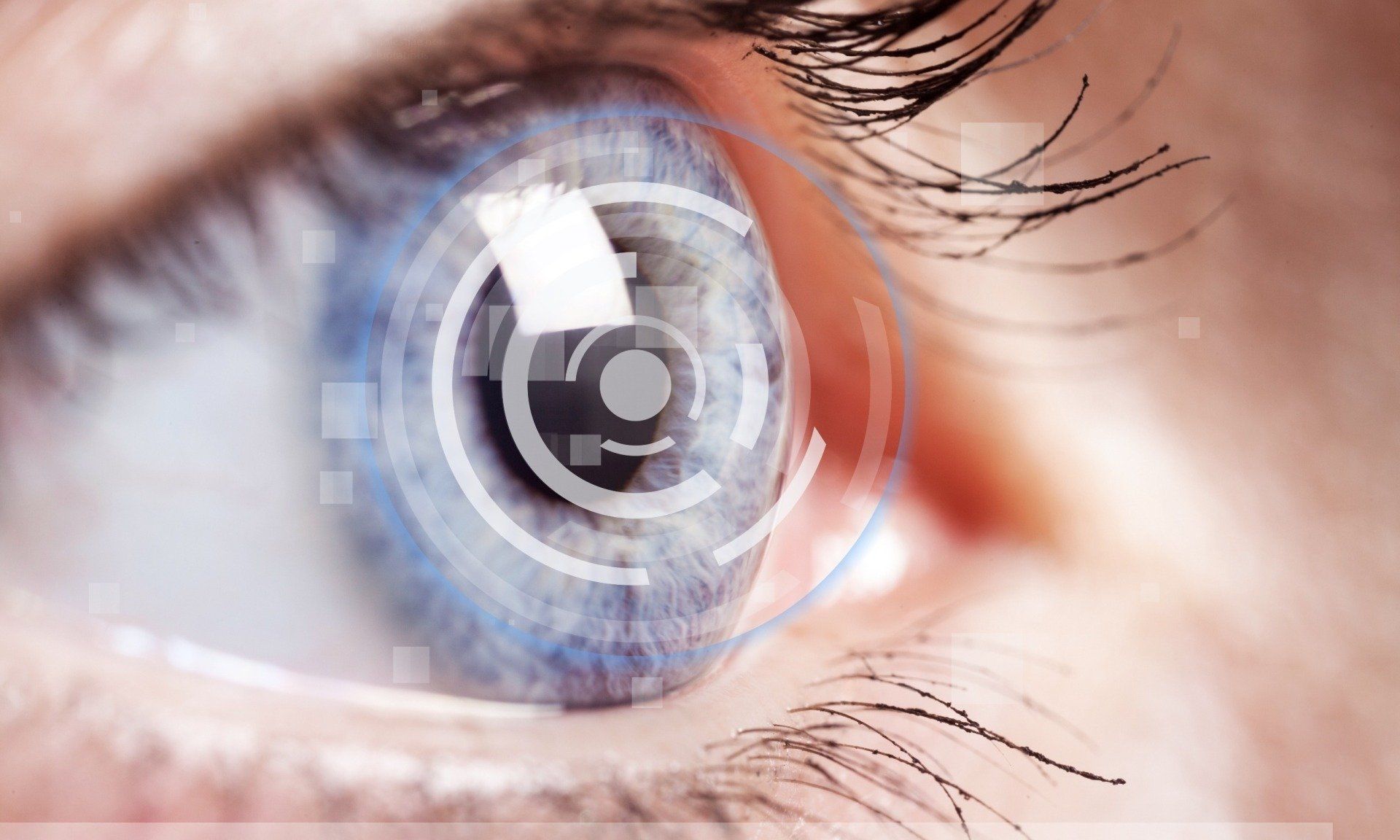How Old Do You Have to Be to Get LASIK Eye Surgery?
Refractive errors are the most common eye problem in the United States, affecting more than 150 million Americans every year. There are three primary types of refractive errors – myopia, hyperopia, and astigmatism – each of which impact vision and eye health in a variety of ways.
Several treatments exist for those living with a refractive error, the most basic being glasses or contact lenses. This changes the way light is refracted into the eye, correcting impaired vision caused by an abnormal corneal shape. Of course, this is a temporary solution to the problem.
Those in search of a more permanent solution might consider LASIK eye surgery – a refractive surgery that uses laser technology to change the shape of the cornea, improving vision without the need for glasses or contacts. For the right candidate, LASIK surgery can be a life-changing procedure.
Is There a LASIK Eye Surgery Age Requirement?
Of all the questions we get asked about LASIK, one of the most common is – “How old do you have to be to get LASIK eye surgery?” and “Is there a LASIK eye surgery age requirement?” While there technically isn’t an age limit for LASIK eye surgery, there are recommendations.
First off, patients must understand that LASIK eye surgery was only FDA-approved for patients above the age of 18. That’s not to say laser vision correction procedure doesn’t work or can’t be done on patients below the age of 18, but it’s only considered or recommended in extreme and rare cases.
With that said, most surgeons agree that even 18 years old is too young in most cases – though everyone will have their own opinion on the matter. At the end of the day, it all boils down to what’s in the best interest of the patient and their health – after all, that’s what’s most important.

What is the Best Age to Get LASIK Eye Surgery?
While the FDA approved LASIK for anyone above the age of 18, many surgeons refuse to recommend the procedure to anyone under the age of 21. This is because your eyes and vision continue to develop as you enter early adulthood – surgery now can impact this development.
Taking that into consideration, many surgeons agree that 25-40 is the ideal age to undergo LASIK eye surgery. By this age, the patient’s prescription has stabilized and laser surgery is safe.
Let’s take a general look at LASIK’s effectiveness, based on the age of the patient:
- Under 18 - the FDA hasn’t approved LASIK for anyone under the age of 18. While teenagers can and have had the procedure, these cases are extremely rare.
- 18-24 - the FDA has approved LASIK for those above the age of 18, but many surgeons recommend against the procedure during these years while the eyes continue to develop.
- 25-40 - by the time you turn 25 years old, your eyes have had enough time to fully develop and your prescription has stabilized. These are two of the primary requirements for LASIK.
- 40-55 - patients interested in getting LASIK between the ages of 40 and 55 should be in good overall health with no history of medical concerns.
- Over 56 - much like those below the age of 18, the eyes experience a lot of changes in our older years. With the risk of cataracts and glaucoma increased, many elders aren’t candidates for LASIK.
As for older patients, there’s currently no upper age limit for LASIK eye surgery – though there are risks and, therefore, concerns. Since older patients are going through eye changes of their own due to the natural aging process, many of them might not be a good candidate for LASIK.
Other Factors to Consider Before Getting LASIK Surgery
The age of the patient is just one of the many factors being considered when an eye doctor or eye surgeon recommends LASIK surgery. They often say the ‘stars must align’ to be approved for LASIK and while they do for so many people every year, that’s not the case for everyone.
Let’s take a look at some of the other factors that make someone a good candidate for LASIK:
- The patient has a stable vision prescription for 1-2 years
- The patient is in good, overall health – not just eye health, but the entire body
- The patient doesn’t experience or isn’t at an increased risk of dry eye
- The patient has a prescription that falls within the FDA-approved treatment parameters
- The patient has an optimal corneal shape and thickness
- The patient is experiencing impaired vision as a result of their refractive error
- The patients is free of any eye disease or condition
Likewise, you should avoid LASIK surgery if you have an unstable prescription, an extreme refractive error, severe dry eye disease, a thin cornea, corneal scars, keratoconus, glaucoma, cataracts, eye infections, and uncontrolled diabetes. Always consult with your doctor first.

What to Expect During the LASIK Procedure
Eye surgeons provide a controlled, welcoming, friendly, and comforting environment for patients undergoing LASIK surgery. Although LASIK patients are awake during the procedure, they are given numbing eye drops to prevent any pain and it only takes about 30 minutes – give or take.
During the procedure, patients will have an eyelid holder and suction ring placed on their eye to prevent blinking and/or eye movement. The surgeon creates a flap in the cornea and reshapes it before folding the corneal flap back into place – it’ll eventually attach and heal all by itself.
It normally takes up to six months for the eyes to completely heal after having laser vision correction surgery, but most patients can resume normal activities within a few days of the procedure. You’ll be meeting with your eye doctor regularly during the recovery period to monitor your progress.
Contact Holly Springs to Learn More!
Are you considering laser eye surgery to correct nearsightedness, farsightedness, or astigmatism? Do you want to learn more about the pros and cons of undergoing LASIK? Are you curious to find out if you’re a candidate for LASIK? If so, then Holly Springs is here to help.
Dr. Faraaz Khan is the owner of Holly Springs’ first local, independently owned Ophthalmology practice. We believe in providing patients with an optimal setting and environment, ensuring
best-in-class service to those in need of quality eyecare. Contact
Holly Springs Eye & Laser today if you're planning laser vision correction surgery!
Related Article:
How long does LASIK last?












